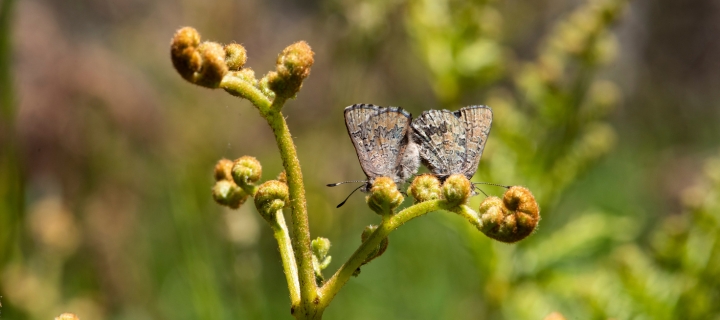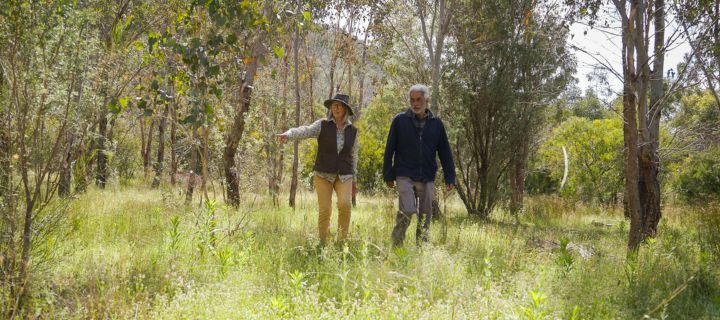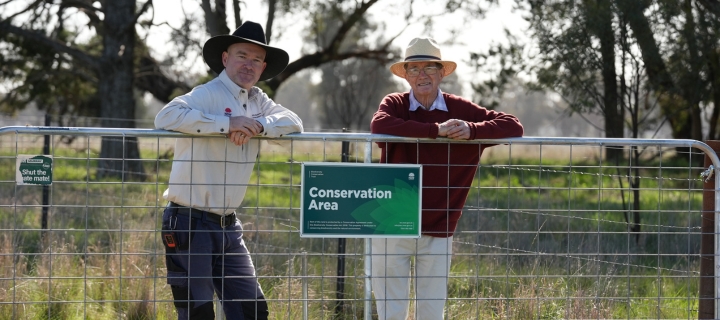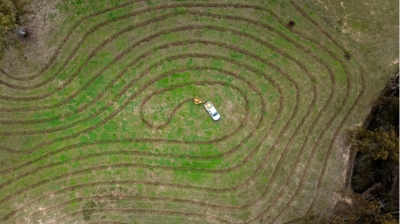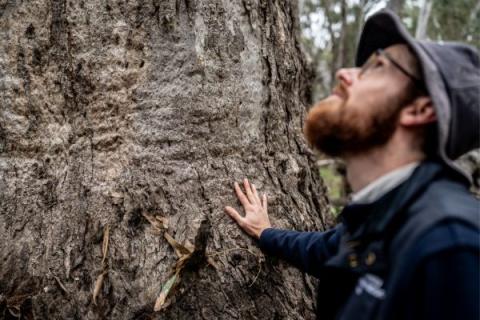
What is biodiversity?
Biodiversity refers to the different living things within an ecosystem. This includes the different plants and animals you might find in any natural environment.
Australia, and our state, are home to unique plants and animals, which are connected to form ecosystems with important, fragile dependencies.
This biodiversity is protected by a global pact, or the Convention on Biological Diversity. The convention recognises the importance of nature to a clean and habitable planet.
Australia is a signatory to this convention, and with it, share a global goal to protect 30 per cent of our natural environment by 2030.
The threat to biodiversity

Our state's biodiversity is in decline. Habitat loss is a key pressure, as is the recurrence of disasters like fire, flood and drought. Past habitat loss and future climate change will reduce the capacity of landscapes to retain biodiversity over the next 50 years.
There is hope.
In recent years, land permanently secured for conservation is growing, and in 2023, was more than 11 per cent of NSW.
Private land conservation plays a key role in protecting our state's biodiversity, with more than 80 per cent of the state's land privately managed.
The NSW Biodiversity Conservation Trust works with landholders across NSW to create new conservation areas on privately-held land. These landholders manage theses conservation areas to protect, connect and enhance biodiversity.
How we support biodiversity
Our purpose is to partner with landholders to connect, protect and enhance biodiversity across NSW.
We offer conservation agreements and expert conservation management advice to help landholders protect important habitats and species on their land.
Each area a landowner places under agreement with us contributes to and grows Australia's National Reserve System of public, Indigenous and privately protected areas. These areas are prioritised by a statewide Biodiversity Conservation Investment Strategy, and backed by science to ensure the unique plants, animals and ecosystems of our state are preserved for the future.
